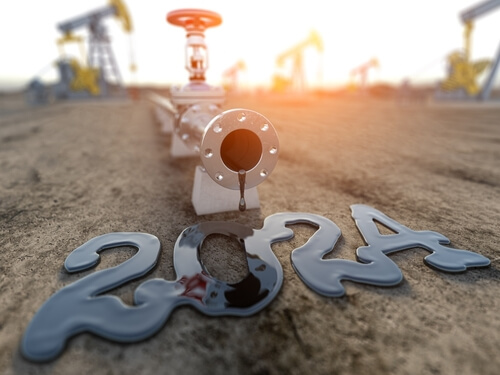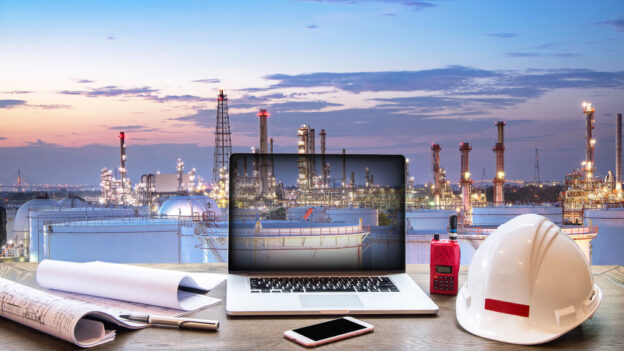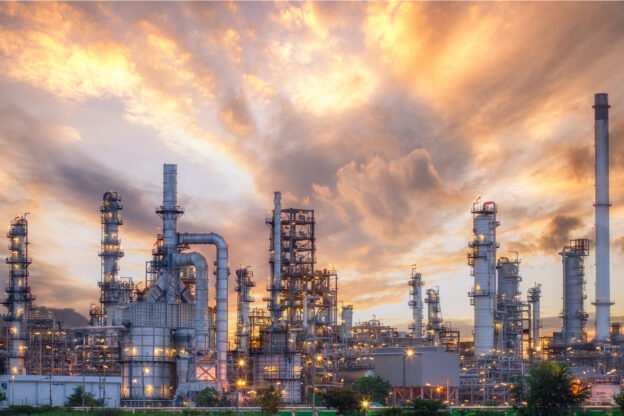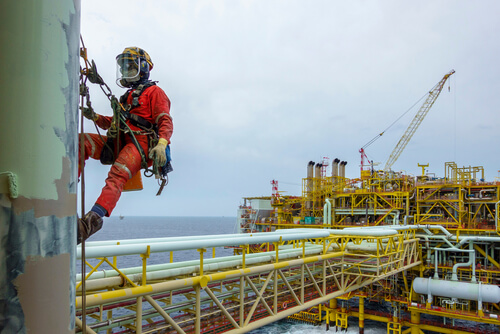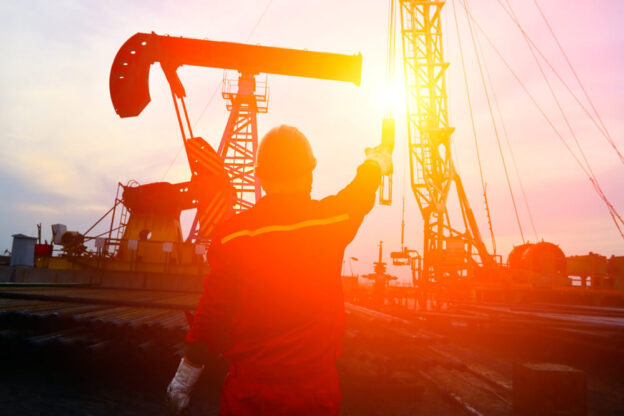As the year winds down, facilities across the oil and gas industry have an opportunity to look back on past initiatives and set meaningful goals for the future that can guide responsible growth and progress in a new year.
At Pro-Gas Services, LLC, we understand that oil and gas is a forward-facing industry, and we’re ready to back up recent initiatives that will improve all aspects of production in 2024.
Here’s a closer look at some commitments our industry is making for the new year and beyond.
Commitment to Emissions Reductions
The top resolution we expect for oil and gas companies is going to be to set and meet concrete greenhouse gas emissions reduction targets.
With COP27 underscoring the vast gap between current policies and those needed to meet 1.5°C goals, the industry must lead in curbing emissions from operations.
We expect major oil and gas production facilities to commit to striving for science-based net-zero targets and increasing investments in carbon capture and clean hydrogen technologies.
Foster the Energy Workforce of Tomorrow
As the skillsets needed for a net-zero environment evolve, oil and gas companies must nurture the diverse workforce that will lead the industry into the future.
Now is the time for big oil companies to Invest in retraining current employees and attracting talent versed in digitization, electrification, carbon management, and related skill sets that will bring us closer to our net-zero goals.
Cultivating inclusive, innovative workforces ready for the energy transition is key to sustainable success, and we at Pro-Gas, think 2024 is the year we’ll start seeing some big changes in the industry workforce.
Accelerate Technology Development
Technology breakthroughs are vital to decarbonizing oil and gas operations, products, and value chains. We predict companies will be more driven to participate more actively in cleantech research consortia, collaborate with startups on piloting emerging technologies, and patent more solutions tailored to industry problems. Progress depends on companies working creatively with partners to foster innovation.
Address Methane Emissions
Slashing methane emissions from oil and gas infrastructure is the most impactful short-term climate goal. Companies must set aggressive methane reduction targets for 2024 as methane reduction is currently such an attainable goal versus completely cutting emissions of carbon dioxide.
We predict oil and gas companies will invest in further detection technologies, leak repairs, pneumatic controller retrofits, and other abatement measures.
As the second largest methane emitter globally(behind agriculture), the industry bears immense responsibility for reining in this potent greenhouse gas.
Help Communities Manage Phasing Out Fossil Fuels
As the need to phase down fossil fuels increases, oil and gas companies should proactively help communities currently dependent on related jobs and revenue manage the transition.
By putting oil companies at the forefront of community assistance, these efforts can lead to partnerships with alternative industries and energy projects that can help communities across the United States achieve their phasing-out goals.
Embed Circularity Principles
From well designs to decommissioning, applying circular economy principles enables oil and gas companies to eliminate waste and maximize resource productivity.
Having effective management systems that optimize materials use, enable part reuse, and facilitate deconstruction is vital to sustainable operations that keep natural gas in the renewable energy conversation.
Stay Up-to-Date on Natural Gas Production With Pro-Gas Services, LLC
The New Year brings a chance for oil and gas companies to transform ambitions into accountable climate action.
With rising societal and global policy pressure, the gap between pledges and progress is likely to grow closer in 2024. At Pro-Gas Services, we love to watch the direction our industry grows and are ready to provide production facilities with equipment and services that help accomplish goals.
If you’re ready to help your facility gain momentum in the new year, contact us today to learn more about our services.



